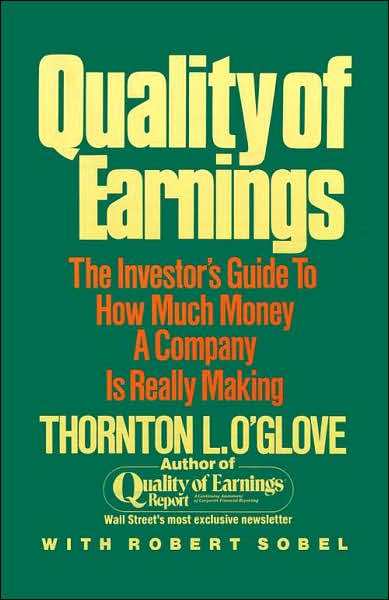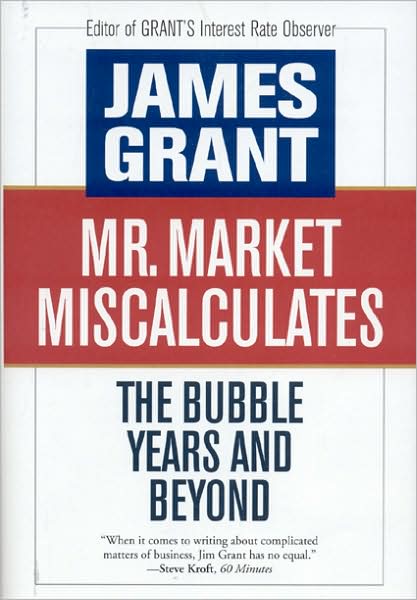At the Fordham Conference: Time for a New Antitrust? False Assumptions
Carl Felsenfeld: Do we know what the problem is?? What are we trying to solve?? Antitrust does not deal with Citigroup/Travelers, it should deal with Bank of America/Fleet, Wells Fargo/Norwest.? But it didn’t deal with those bank acquisitions.? The regulators were out to lunch.
Jesse Markham: Antitrust can only do so much. It also does not do so well where size is due to organic growth.? (DM: like Google or Microsoft.)
Zephyr Teachout: Antitrust should be based on size.? The DOJ is less subject to regulatory capture, and more inclined to prosecute.
Paul Kaplan: These ideas are against current trends in antitrust.? Perhaps a more rigorous application of the Sherman Act would be more effective.? Organic growth to a large size is still a problem, but how do you avoid punishing success?
(DM: just met Colin Barr of Fortune.? Nice to put a face to the name after all these years.)
Discussant: Canada disallowed securitization for the most part, and stopped more mergers with their banks.
False Assumptions
William Black — Control Fraud & Systematically Dangerous Institutions -Accounting values can be fudged.? RBC as well.? Difficult to detect Control Fraud.? Originating bad loans allows a bank to grow rapidly.? Need forensic accountants.
(DM: look for fast growth — quality, quantity, price. Look for new products.)
Lawrence Baxter — When Big Becomes a Problem.? – Worked ten years at a major bank that went through? a ton of mergers.? The self-regulations with each bank having its own risk model doesn’t work.? The regulators don’t understand them, and spend time learning what is going on.
(DM: fascinating that no one has talked about why the US bailed out holding companies, rather than letting them fail, and merely backing up the operating subsidiaries.? Also, few have fingered the Fed’s monetary policy.)
Shawn Bayern — False Assumptions in Law and Economics — Innovation in the banking is not always a positive.? Bonuses to executives skew incentives.? (DM: it is a form of asset/liability management.)
Russell Pearce — discussant — Business is self-interested, and short-term greedy.? Profit-making is maximized, not even long-term greedy (DM: maximizing the net present value of profits).? (DM: incent using long dated restricted common stock — trouble is, it doesn’t incent as well as cash.)
Mark Gimein — discussant — 3 questions a) What of a big rogue banker?? The market is good at absorbing single failures.? (DM: but not multiple failures.)? b) who should do the regulation?? Tough to get bright men who are tough who won’t go to work for the banks, or buy into the banks logic. c) Control Fraud is hard to prevent; human nature is that way.? No systematic approach to dealing with fraud.
Detecting Fraud — check for adverse selection, honest businessmen won’t do business that way.? Also, it never make sense for a secured lender to accept inflated appraisals.
(DM: Look for gain-on-sale accounting.? Analyze management culture for short-termism.? Remember you can never get pricing, volume and quality at the same time.? Financial companies are in a mature industry, so beware sompanies that grow fast.? Be aware of long dated accruals.)
Discussant — are we worse off today than in the robber baron era? Not necessarily.
Holmes bad man theory — the law exists to constrain bad men.
I gave a 3-minute rant on how insurers are better regulated than banks.? I’ll write more about that tonight in a piece that articulates my views on banking reform.





